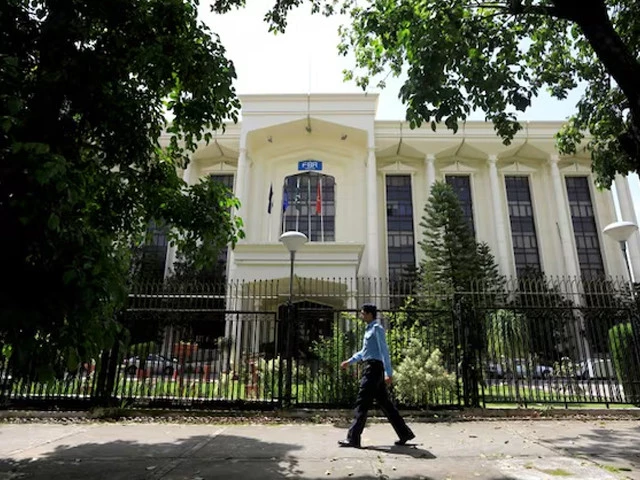The Federal Board of Revenue (FBR) has reported a 19 per cent increase in tax collections from wedding events across Pakistan. The board has attributed the rise to stricter monitoring and enforcement of withholding tax measures targeting the country’s thriving event industry.
According to official documents, the FBR collected Rs2.02 billion in withholding taxes from wedding functions during fiscal year 2024–25 — up from Rs1.70 billion the previous year — marking a gain of nearly Rs500 million. Officials said the increase reflected the growing documentation of event-related businesses and services, particularly in major cities.
“The wedding and events industry represents a significant but largely undocumented segment of the economy,” an FBR official told The Express Tribune. “Through systematic enforcement and better monitoring, we are ensuring that this sector contributes its fair share to the national revenue.”
Also Read: $30b gap found in import records
The tax is collected under Section 236CB of the Income Tax Ordinance, 2001, which authorises the FBR to impose and collect advance tax on wedding functions. It applies to marquees, halls, hotels, restaurants, clubs, and community centres, as well as ancillary services such as catering, décor, and event management.
Under the law, individuals listed in the Active Taxpayers List (ATL) are charged a 10 per cent withholding tax, while non-filers face a 20 per cent advance tax on wedding expenditures. For filers, the amount paid as advance tax is adjusted in their annual tax liability.
Officials noted a notable rise in wedding-related tax receipts from Karachi, Lahore, and Islamabad — the three cities that host the largest share of high-end events. They said the FBR’s renewed enforcement was part of a wider effort to bring informal sectors under the tax net.
“The objective is not to burden citizens but to formalise economic activity that has long operated outside the system,” another official said. “Proper documentation ensures fairness and supports broader fiscal stability.”


